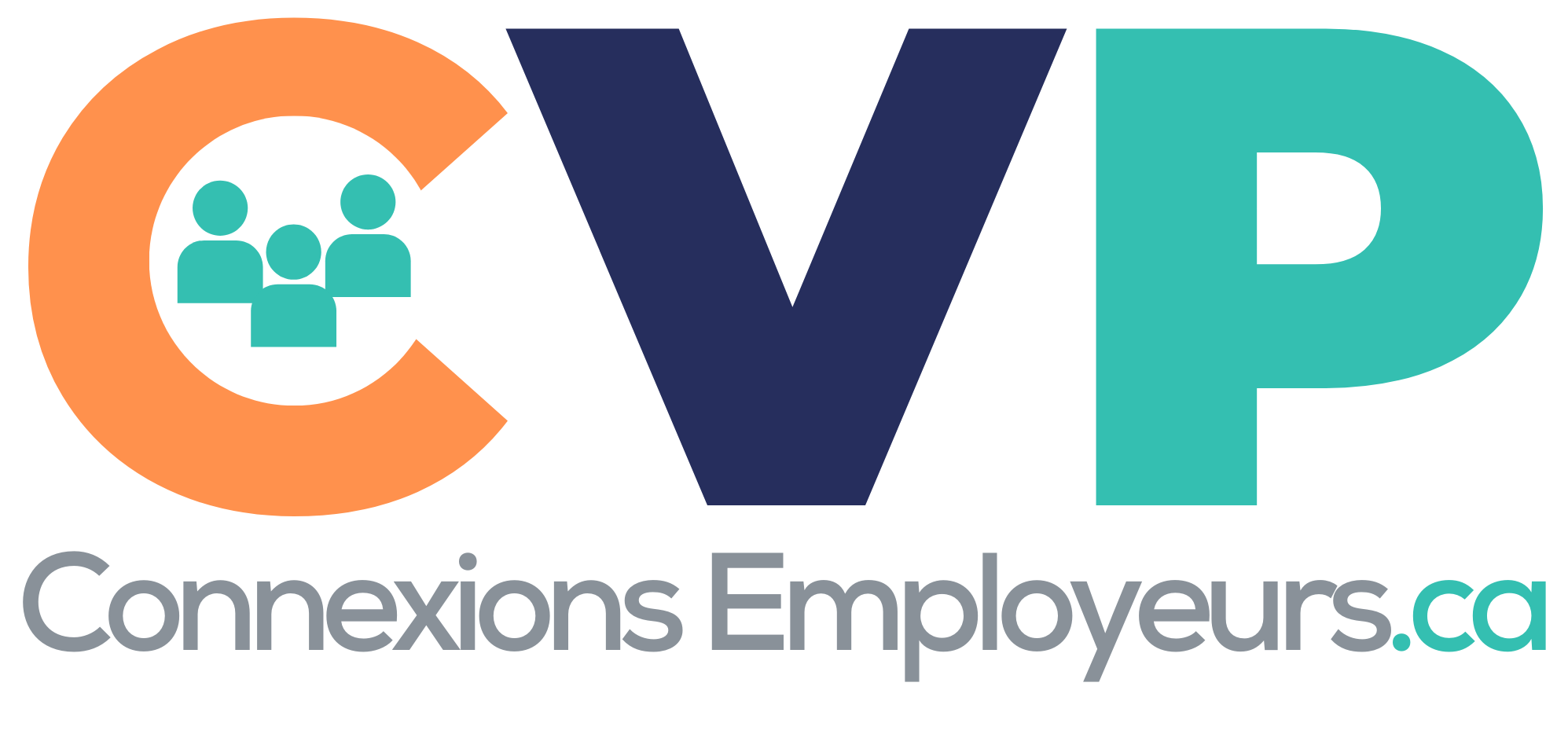Three Of The Most Popular DEI Myths Debunked

Diversity, equity, and inclusion, known by its popular initialism DEI, has been on the receiving end of increased hate as of late. Since the DEI boom of 2020, critics of DEI have been regurgitating different myths about the field, some of which have seemed to stick. This article explores three of the most popular DEI myths and provides evidence to debunk these prominent misconceptions.
1. DEI encourages hiring unqualified candidates of color. A common argument against DEI is that it discourages meritocracy. One of the most prominent and popular DEI myths is that DEI results in the hiring of unqualified, non-white candidates. DEI is by no means perfect and has its flaws but the goal of DEI was never to hire unqualified candidates into organizations. In a workplace that has strong DEI practices in place, unqualified non-white candidates should never be shown preference over more qualified white applicants. In addition, some evidence may suggest that non-white workers face more challenges than their counterparts.
For many from underrepresented racial groups, proving you are “worthy” of a job, comes with additional requirements than your counterparts. Many Black leaders, for example, feel like they must work twice as hard; according to Korn Ferry research, almost 60% of Black executives at Fortune 500 companies feel that they have to accomplish twice as much as their colleagues to be seen as equal. It could be argued that nepotism is an even bigger threat in the workplace than the hiring of unqualified non-white candidates because of the frequency at which the former occurs. Nepotism, which is the favoritism shown to relatives, family members, and close friends in the workplace, is more likely to benefit white men from higher-income families, according to a 2023 Harvard Magazine article. There must be an equal amount of energy put towards ensuring that performative diversity efforts (like racial quotas, which are illegal) aren’t being employed and that there are policies in place to discourage nepotism.
Pour lire la suite de l’article, cliquez ici.
Source : The Pink Elephant Newsletter, 12 février 2024, Janice Gassam Asare, Ph.D.

Réponses